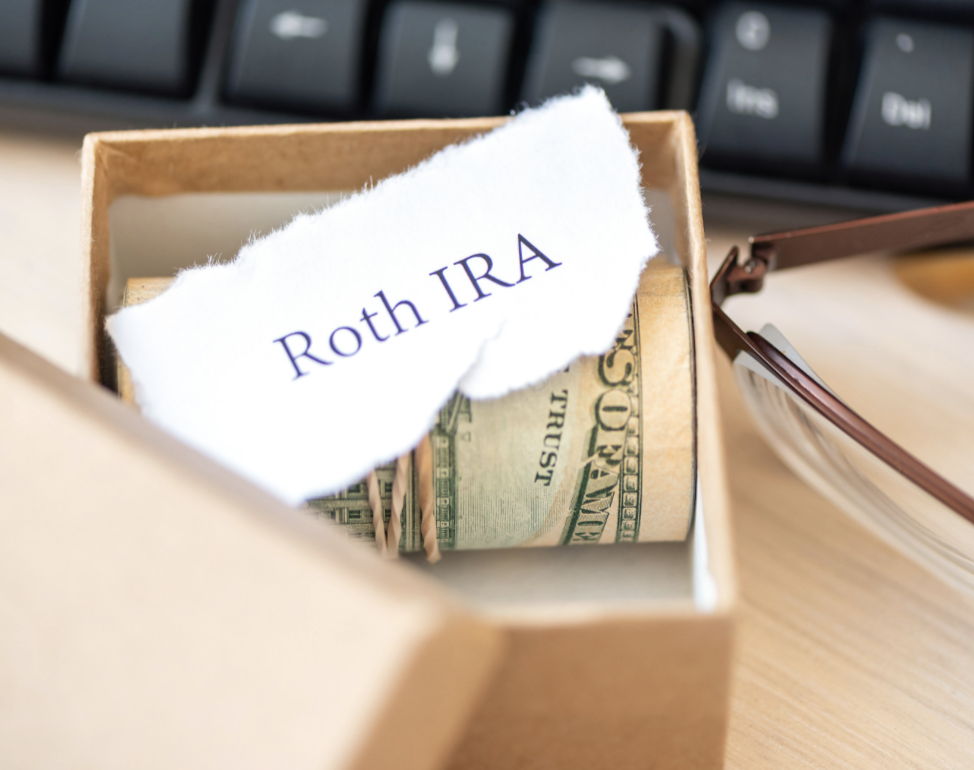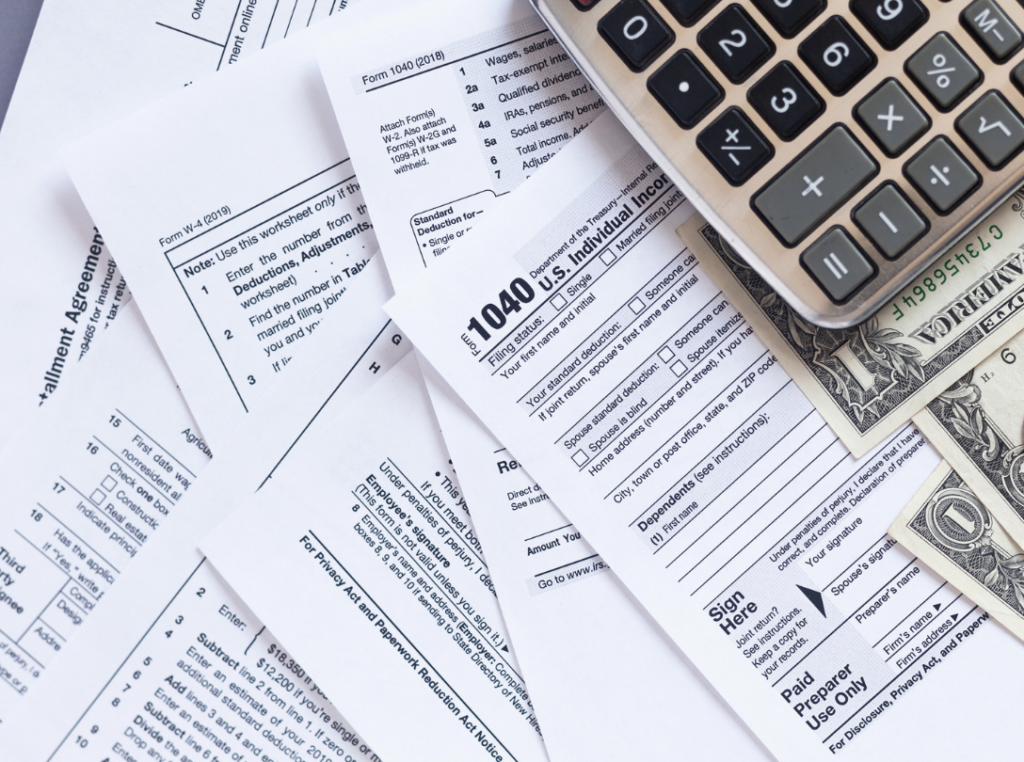For American expats living in Germany, the Roth IRA is a valuable retirement savings tool that allows for tax-free growth and tax-free withdrawals in retirement. However, managing tax obligations in both the U.S. and Germany can be complicated. In this article, we will explore the Roth IRA for American expats in Germany in depth, focusing on how it works for U.S. citizens living in Germany and the unique considerations they should keep in mind.
What is Roth IRA?
Roth IRA is an individual retirement account (IRA) that allows after-tax contributions. The key benefits are that the investments grow tax-free, and qualified withdrawals are also tax-free in retirement. Unlike Traditional IRAs, contributions to Roth IRAs are made with post-tax dollars, meaning there’s no tax deduction when contributions are made. However, the major advantage is that, upon reaching retirement age, distributions (withdrawals) can be made tax-free.
How Does Roth IRA Work?
The Roth IRA operates on a simple principle: you pay taxes upfront, so you don’t have to worry about taxes later. You contribute money after it’s been taxed, and the investments within the Roth IRA grow without incurring any further taxes. When you withdraw funds in retirement, no additional taxes are owed, provided the withdrawal is qualified.

Contribution Rules and Limits
For 2024, the annual contribution limit to Roth IRA is $7,000. If you’re aged 50 or older, this limit increases to $8,000 to help you save more for retirement. However, you can only contribute up to the amount of your taxable compensation for the year. So, if your taxable income is less than these limits, your contributions will be limited to your income level.
It’s important to note that your ability to contribute also depends on your income. For American expats, you need to have earned income to make contributions. This can become complicated because of the Foreign Earned Income Exclusion (FEIE), which allows you to exclude a portion of your foreign earnings from U.S. taxes. While this exclusion can be beneficial, it may also affect how much you can contribute to your Roth IRA.
Understanding the Benefits of Roth IRA for American Expats in Germany
1. Tax-Free Growth
One of the most significant advantages of Roth IRA for American expats in Germany is the tax-free growth on investments. Once you’ve contributed to your account, all capital gains, interest, and dividends accumulate without being subject to annual taxes. This means you won’t pay taxes on any increase in the value of your investments each year, allowing your savings to grow more effectively over time. The power of compounding can lead to substantial savings, as you earn returns on both your initial investment and the investment gains.
2. Tax-Free Withdrawals in Retirement
Another key benefit of Roth IRA for American expats in Germany is the ability to make tax-free withdrawals during retirement. If you have had the account for at least five years and are 59½ or older, you meet the criteria to be exempt from federal taxes on your distributions. This feature allows you to maximize your retirement income without worrying about tax implications, providing greater financial security and predictability in your retirement planning.
3. Flexibility and No Required Minimum Distributions (RMDs)
Unlike Traditional IRAs, which mandate that you start withdrawing funds by age 73, Roth IRA for American expats in Germany offers more flexibility regarding withdrawals. This lack of Required Minimum Distributions (RMDs) allows you to control your retirement income and make withdrawals according to your personal financial needs. This feature makes the Roth IRA an excellent option for individuals who wish to tailor their retirement income strategy without the pressure of forced withdrawals. You can find further information on Roth and Traditional IRAs here.

Roth IRA for American expats in Germany: Contribution Rules
For expats, the key challenge is meeting the income requirements to contribute to a Roth IRA. The IRS requires that you have earned income (wages, salary, or self-employment income) to contribute. However, using the Foreign Earned Income Exclusion (FEIE) to exclude up to $120,000 (as of 2024) of foreign income can reduce your taxable income to the point where you are no longer eligible to contribute to a Roth IRA.
Tax Implications: US-Germany Tax Treaty
The U.S. and Germany’s tax treaty can help prevent double taxation and covers many tax issues for expats, including pensions and retirement accounts. However, under this treaty, Roth IRA distributions may be taxed differently depending on how the German authorities classify the account.
For example, German tax authorities could classify a Roth IRA as a standard investment account or pension. This classification will affect whether Germany taxes the distributions. If Germany classifies the Roth IRA as an investment account, any withdrawals you make, even though they are tax-free in the U.S., might be taxed as regular income in Germany. On the other hand, if it’s classified similarly to a pension, Germany may have different tax rules, possibly taxing only a portion of the withdrawals. Since the treaty doesn’t specifically mention Roth IRAs, German tax treatment can be somewhat ambiguous. It’s crucial for expats to consult with a tax professional who understands both U.S. and German tax laws. They can help you figure out how Roth IRA withdrawals will be taxed in each country and ensure that you comply with both countries’ tax requirements.
How to Open and Contribute to Roth IRA for American expats in Germany
- Maintaining a U.S. address. Some U.S. financial institutions may require you to have a U.S. address to open and contribute to a Roth IRA. This can be challenging for expats, but using a family member’s address may suffice.
- Using a U.S. brokerage. Expats can often contribute to a Roth IRA through a U.S. brokerage that permits international clients. However, this can vary from one brokerage firm to another, and it’s crucial to check their policies on working with expats.
- Challenges with financial institutions. Many U.S. financial institutions hesitate to work with expats due to the complexities of FATCA (Foreign Account Tax Compliance Act) reporting. Americans living in Germany should ensure that their financial institution is comfortable working with clients living abroad. You can read more about FACTA on our latest article.
Converting Traditional IRA to Roth IRA for american expats in germany
For American expats, converting a Traditional IRA to a Roth IRA can be a strategic move, especially when living in a country with a favorable tax treaty like Germany. A Roth conversion involves paying taxes now on the amount converted, but it allows for future tax-free growth and withdrawals.
Tax Implications
When converting a Traditional IRA to a Roth IRA, expats need to account for the U.S. taxes due on the converted amount. Depending on your income level and how much of your income is excluded through FEIE, your tax liability may vary significantly. You can find further information on the official International Revenue Service website.

FATCA and FBAR Obligations
All contributions to and distributions from a Roth IRA must be reported on your U.S. tax return. Additionally, depending on the value of your accounts, you may need to file a Foreign Bank Account Report (FBAR) or comply with FATCA requirements. If your total foreign financial assets exceed $10,000, you’ll need to file an FBAR. If the assets are above higher thresholds, FATCA filing may also be required. Even though Roth IRA for American expats in Germany are U.S.-based accounts, any other foreign financial assets you own need to be reported.
Currency Considerations for Expats
When managing Roth IRA for American expats in Germany, currency fluctuations can significantly impact your investment returns and retirement savings. Contributions are typically made in U.S. dollars, but living in Germany means dealing with the euro, which can lead to varying conversion rates. These fluctuations might affect how much you can contribute and the value of your investments when converted back to dollars during retirement. Additionally, if you receive income in euros, it’s essential to be mindful of exchange rates when converting funds for contributions. This complexity highlights the importance of strategic planning and possibly working with a financial advisor who understands both U.S. and German currencies to help you make informed decisions about your retirement account while living abroad.

Inflation and Its Impact on the Roth IRA for American Expats in Germany
Inflation is a critical factor to consider when talking about Roth IRA for American expats in Germany. As prices rise over time, the purchasing power of your savings can diminish, potentially affecting your lifestyle in retirement. This is particularly relevant for expats, as they may be saving in a currency that could experience different inflation rates than their living expenses in euros. To combat inflation, it’s essential to invest in a diversified portfolio that includes assets with the potential for growth, such as stocks and real estate, which often outpace inflation over the long term. Additionally, regularly reassessing your investment strategy to ensure it aligns with your retirement goals can help safeguard your savings against the eroding effects of inflation, allowing you to maintain your desired standard of living in the future.
Understanding the basics of Roth IRA for American expats in Germany is key to secure your financial future, since it can be an excellent tool for long-term retirement savings due to its tax-free growth and tax-free withdrawals in the U.S. However, it’s essential to fully understand the cross-border tax implications. Before making contributions or withdrawals, we highly advise you to consult with a tax expert who is familiar with both U.S. and German tax laws to ensure you’re making informed decisions. You can arrange a free consultation with our experts here. We also have a live chat feature available on every page. If you have any questions, just click to start a conversation, and our team will be ready to assist you shortly.
What our clients say about our services







Navigating the German Pension System: A Must-Know for Expats
As an expat in Germany, one of the most important aspects of long-term financial planning is understanding how the country’s pension system works. The German

How Car Modifications Affect Your Car Insurance in Germany
Germany has a rich automotive culture, and car tuning has become an increasingly popular hobby among enthusiasts. From turbocharged engines to custom paint jobs, personalization

Riester Rente in Germany: Is It a Good Option for Expats?
If you’re an expat living and working in Germany, planning for retirement can be confusing. The Riester Rente in Germany can be a good option to

12 Smart Tips to Lower your Car Insurance Premiums in Germany
Car insurance is a necessary expense for every driver in Germany, but that doesn’t mean you should settle for the first offer or end up

How to Save Money with Private Health Insurance in Germany
If you’re living and working in Germany, you probably know that you’re legally required to have health insurance. But what many people don’t realize is

Retirement in Germany for Expats: Understanding Pensions and Insurance
Germany is becoming an increasingly popular destination for retirees from around the world. With its high-quality healthcare system and strong, stable economy, it offers a
Secure your future abroad with tailored insurance & pension plans
Get expert advice on the best solutions for expats – personalized to fit your unique needs. Start planning today!




